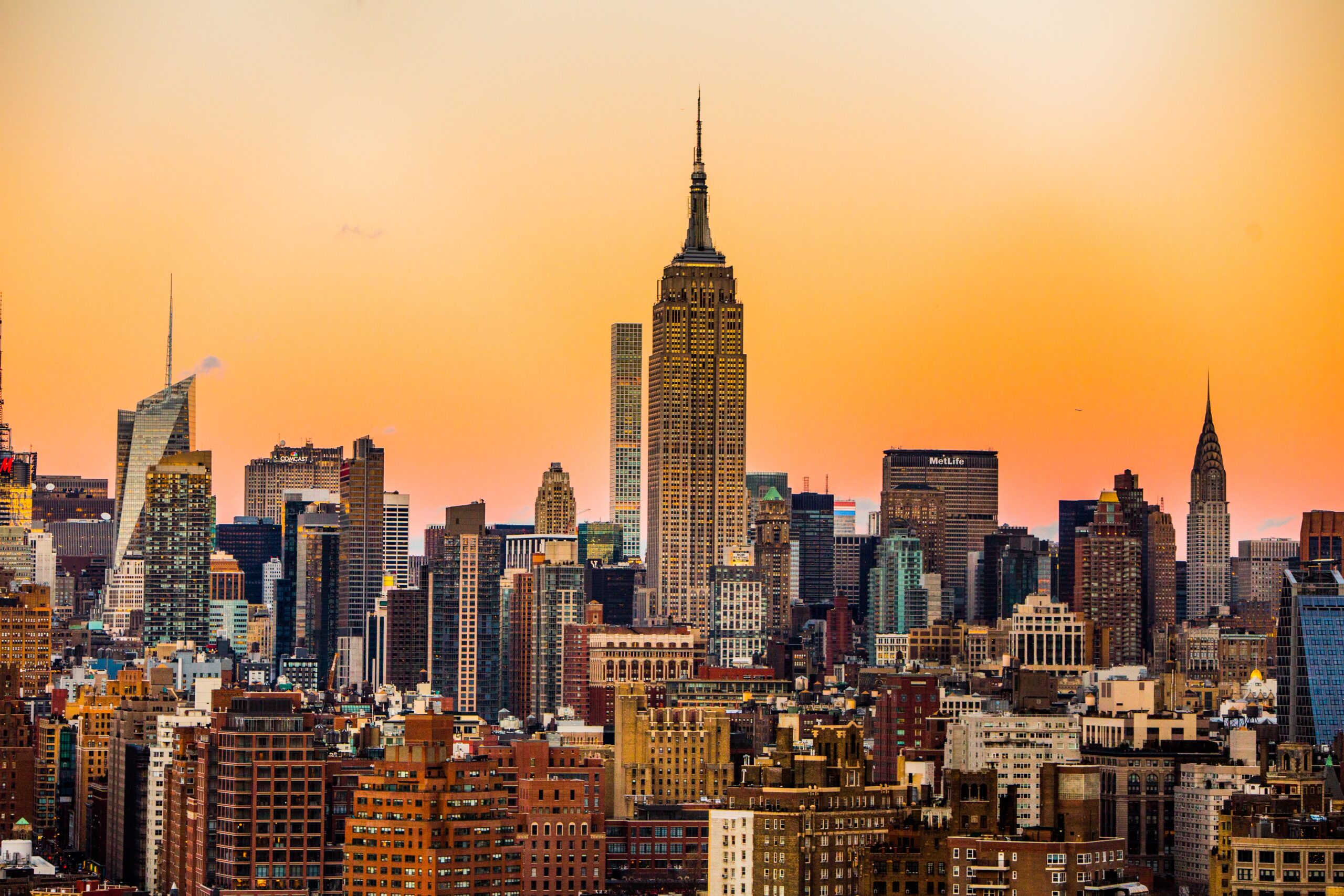
NYC’s Local Law 97 Proposed Rules
October 24, 2022The New York City Department of Buildings released the Proposed Rules for Local Law 97. Focusing on carbon emissions and compliance requirements through 2050, this new law is set to reduce carbon emissions from buildings in NYC significantly.
Local Law 97 (LL97) is part of New York City’s ambitious plans to address greenhouse gas emissions and work toward a carbon-neutral city by 2050. Covered buildings include those over 25,000 gross square feet, two or more buildings on the same tax lot that exceed 50,000 gross square feet, or two or more buildings owned by a condo association governed by the same board of managers and exceeds 50,000 gross square feet. Covered buildings that exceed emission limits will be charged an annual fee of $268 per ton of CO2 over the limit. With most buildings’ deadlines in 2024, annual fines will begin in 2025.
The proposed rules include a formula for determining buildings’ annual greenhouse gas emissions limits, calculating the buildings’ energy use, and benchmarking utilizing ENERGY STAR Portfolio Manager. On November 14, the proposed rules will be open to public comment through written comments and a virtual public hearing. The adopted rules will likely be published late in 2022.
The LL97 Covered Buildings List includes the buildings that must comply starting in 2024, with a report due by May 1, 2025. The compliance requirements will become more stringent as the years progress, mandating a 40% reduction in emissions by 2030 and 80% by 2050 across New York City. It is advisable to plan ahead and meet requirements now, especially in the case of new construction. This removes the pressure of future deadlines and the need for later costly updates.
An annual emissions report must be certified by a Registered Design Professional, which includes Registered Architects and Professional Engineers. Benchmarking is required for other Local Laws and can be utilized for LL97 to determine if an existing building will comply. If it does not comply, the building will need an energy audit and subsequent retrofits to ensure compliance with LL97. Benchmarking cannot be utilized for new construction. Instead, an energy model can be created early to inform design decisions.
The NYC Accelerator program offers guidance to private property owners working toward compliance. NYC Accelerator provides compliance recommendations, low-interest financing, and incentive program guidance. ReVireo is a participant in the NYC Accelerator Service Provider Program. ReVireo performs analysis, consulting, and verification services that can support projects to decarbonize NYC, cut energy-related costs, and build a healthier city.